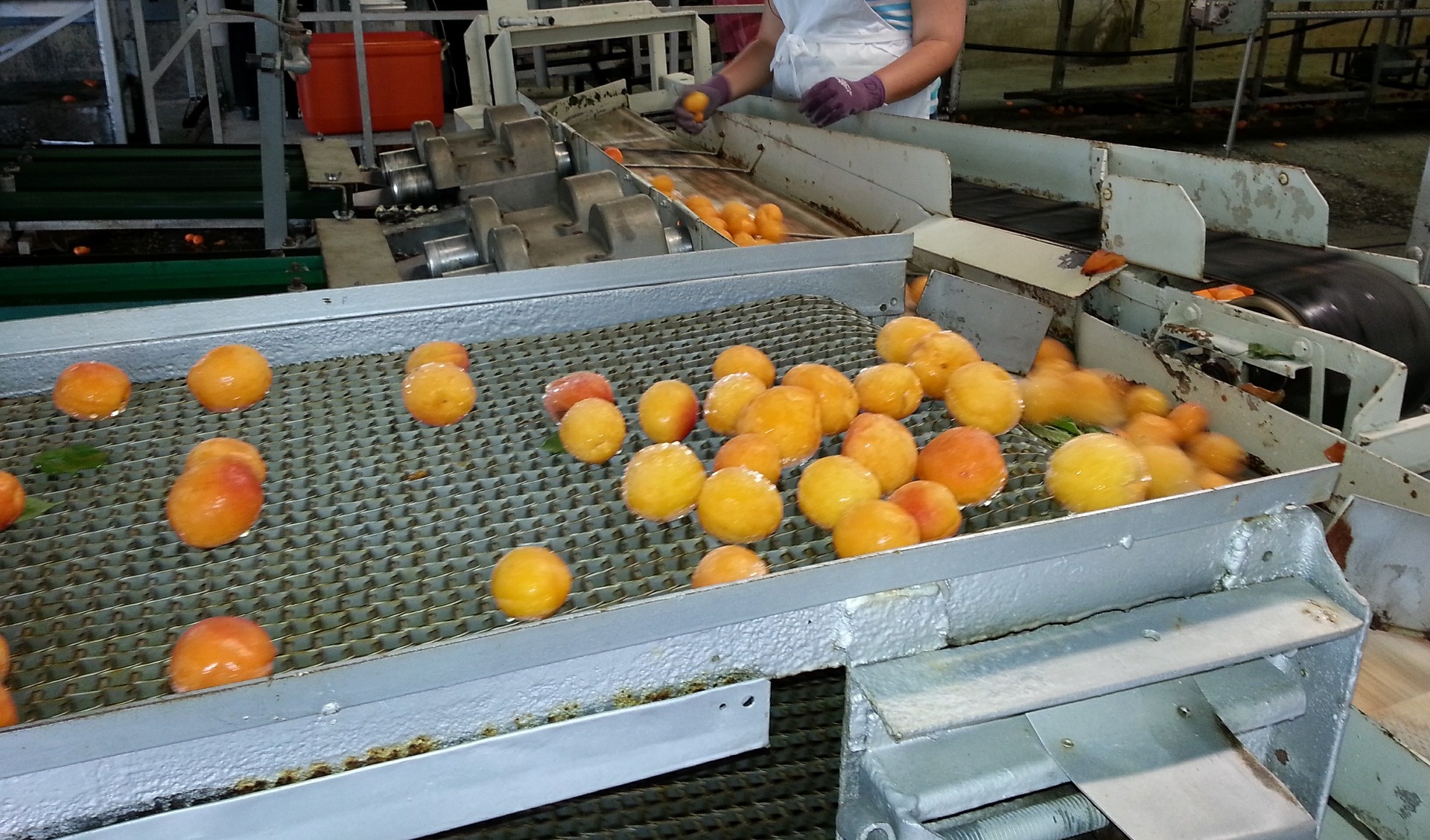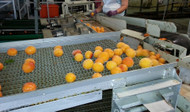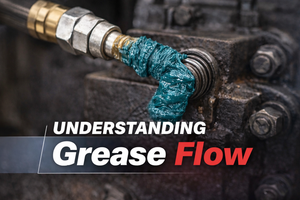Know Your Food Grade Lubricants
By on Feb 10 2021

Lubricants play an important role in keeping the food service industry running smoothly and safely.
Any packaged food you consume must come from an environment that meets the high food safety standards set by the food service industry. These standards are set to take as many precautions as possible to decrease the chances of a consumer getting sick from eating their food.
Food grade lubricants have a pretty important job in the industry, and we want to take a minute to break it all down for you.
What does "food grade lubricant" mean?
 Food grade lubricants work to protect a machine from corrosion, friction, oxidation, and wear. But that's not all: they also work to disperse heat, transfer power, and resist degradation. They must also demonstrate continued performance when they come in contact with water, process chemicals, and food products. However, lubricant leakage is almost entirely unavoidable, so the food grade variety is non-toxic so that it's safe for when a small amount does come in contact with food in any way.
Food grade lubricants work to protect a machine from corrosion, friction, oxidation, and wear. But that's not all: they also work to disperse heat, transfer power, and resist degradation. They must also demonstrate continued performance when they come in contact with water, process chemicals, and food products. However, lubricant leakage is almost entirely unavoidable, so the food grade variety is non-toxic so that it's safe for when a small amount does come in contact with food in any way.
Food grade lubricants meet NSF, CFIA, USDA, and FDA guidelines to ensure they cause no harm when they incidentally come in contact with food or those working in the factory. The most frequently used food grade lubricants fall under the H1 category. These lubricants are safe for use in areas where they may come into contact with food.
The three most common H1 food grade lubricants include: gear oils, hydraulic oil, and rust and oxidation oils.
H2 lubricants, on the other hand, are used in locations where machines will have no contact with food. There are also H3 lubricants, which are edible oils; think of these as the hard coating on your favorite chocolate candy and jelly beans. They add shine and prevent stickiness.
What are food grade lubricants made of?
H1 lubricants are either petroleum-based or synthetic.
 Petroleum-based food grade lubricants are typically made from highly refined, colorless, tasteless, odorless, non-staining mineral oils. They are made from white mineral oils: either technical white mineral oils or USP-type white mineral oils.
Petroleum-based food grade lubricants are typically made from highly refined, colorless, tasteless, odorless, non-staining mineral oils. They are made from white mineral oils: either technical white mineral oils or USP-type white mineral oils.
Synthetic food grade lubricants are either made from polyalphaolefins (PAO), which have greater oxidation stability and a larger range of operating temperatures, or polyalkylene glycols (PAG), which are usually used in high-temperature environments.
Silicones are sometimes used to make H1 lubricants, but they must have a viscosity of 200 cSt (centistokes, the measurement used to measure viscosity) or more. H1 lubricants made from silicone have the highest thermal and oxidation stability.
H1 lubricants must not contain any heavy metals (such as arsenic, lead, and mercury), carcinogens, mutagens, or teratogens.
How PSC works to meet these standards.
At Petroleum Service Company, we only sell food grade lubricants that are registered as H1 lubricants by NSF International. Additionally, all our food grade lubricants are certified Halal, Kosher, and Pareve.
We do this to align with our overall goal to provide the highest-quality products and services to our customers. Your satisfaction and safety come first and we are proud to say that we sell all of our products with this in mind.
If you're looking for Food Grade Lubricants, Petroleum Service Company's got you covered!
Sources:
https://www.daysoftheyear.com/days/food-service-safety-month/ http://www.machinerylubrication.com/Read/445/food-grade-lubricants http://www.machinerylubrication.com/Read/1857/food-grade-lubricants-basics http://petroleumservicecompany.com/food-grade/






